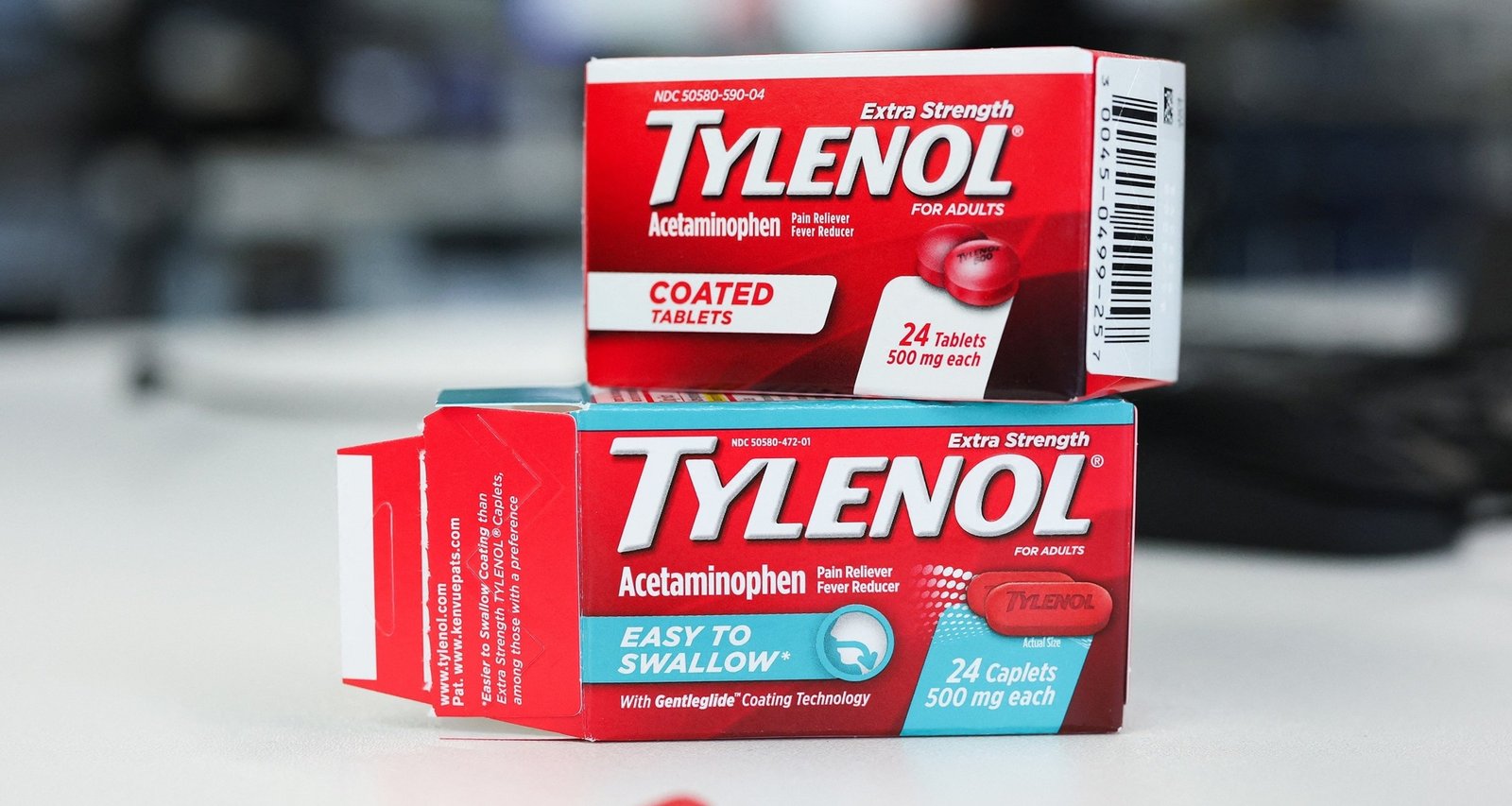Tylenol, introduced in the 1950s, was manufactured and distributed for decades by Johnson & Johnson. In 2023, the company transferred its consumer brands—including Tylenol, Listerine and Band-Aid—to Kenvue, which now operates as an independent firm. Both corporations are named as defendants because Johnson & Johnson produced and advertised Tylenol during the period covered by the Texas complaint, while Kenvue continues to sell the medication nationwide.
Allegations in the Texas Complaint
According to court filings, state attorneys allege that internal company documents show executives were aware of studies indicating a statistical association between prolonged acetaminophen use during pregnancy and neurological disorders in children. The lawsuit argues that the companies neither disclosed those findings to consumers nor placed warning labels on product packaging.
The filing cites marketing materials that depict pregnant women using Tylenol to manage headaches, fevers and other common symptoms. Paxton contends that these campaigns “fostered the belief” that Tylenol was the safest option for expectant mothers despite what he describes as emerging contrary evidence.
Texas is seeking civil penalties of up to $10,000 per violation under the state’s Deceptive Trade Practices Act, as well as court-ordered changes requiring clearer risk disclosures in advertising and on labels. The state also calls for a public information campaign to alert pregnant Texans to what it characterizes as potential hazards.
Response From Kenvue
In a written statement, Kenvue rejected the allegations. The company said acetaminophen remains the preferred pain reliever during pregnancy when used as directed and warned that discouraging its use could leave pregnant women with untreated fever or pain. Kenvue pledged to “defend vigorously” against the case, contending that the claims lack legal merit and are not supported by mainstream scientific consensus.
Johnson & Johnson has not issued a separate comment on the Texas lawsuit but has made similar arguments in other proceedings, maintaining that the body of evidence does not establish causation between prenatal acetaminophen exposure and autism.
Scientific Context and Federal Guidance
The medical community has not reached a definitive conclusion regarding acetaminophen and neurodevelopmental outcomes. A 2021 consensus statement by several researchers called for more investigation, noting that observational studies have produced mixed results and may be confounded by factors such as underlying maternal illness. Regulatory agencies, including the U.S. Food and Drug Administration, have so far declined to change labeling for acetaminophen, stating that available data are insufficient to warrant new warnings. FDA guidance advises pregnant women to consult a health-care professional before taking any medication.

Imagem: Internet
Acetaminophen is among the most commonly used pharmaceuticals worldwide, and estimates by the Centers for Disease Control and Prevention indicate that a majority of pregnant women in the United States take the drug at least once during pregnancy to manage pain or reduce fever.
Broader Litigation Landscape
The Texas lawsuit adds to nationwide litigation over acetaminophen. In 2022, a federal multidistrict litigation (MDL) panel consolidated several hundred consumer lawsuits into the Southern District of New York. Plaintiffs in that MDL allege that retailers and manufacturers failed to warn of autism and attention-deficit/hyperactivity disorder risks. The defendants, which include Walmart, Costco and other major retailers, deny wrongdoing and argue that scientific evidence does not support causation.
Separately, congressional lawmakers have held informational briefings on prenatal medication safety, though no federal legislation specifically targeting acetaminophen marketing has advanced.
Next Steps in Texas Case
The Texas Attorney General’s Office has requested a jury trial. Under state procedure, the defendants will have an opportunity to file responses and potentially seek dismissal or transfer. If the case proceeds, discovery could include company research records, internal emails and expert testimony on epidemiological studies.
Legal analysts note that state consumer-protection suits can result in substantial financial settlements. However, they also emphasize that the attorney general must demonstrate that marketing materials were deceptive and that any undisclosed risks were material to purchasing decisions by pregnant consumers.
While the case moves forward, federal health agencies continue to recommend that patients follow dosage instructions and consult clinicians, reiterating that no medication is entirely risk-free and that treatment decisions in pregnancy should balance potential benefits and harms.
Crédito da imagem: Valerie Macon/AFP via Getty Images



